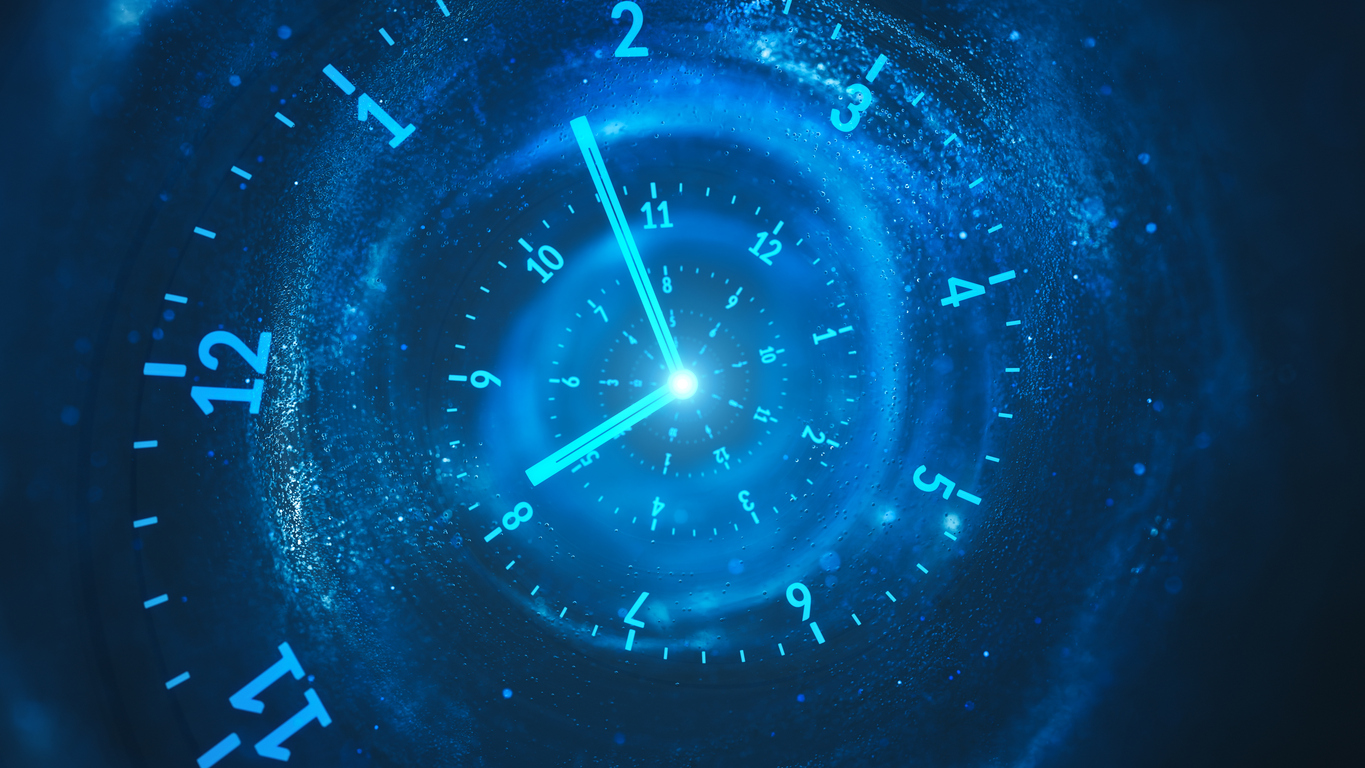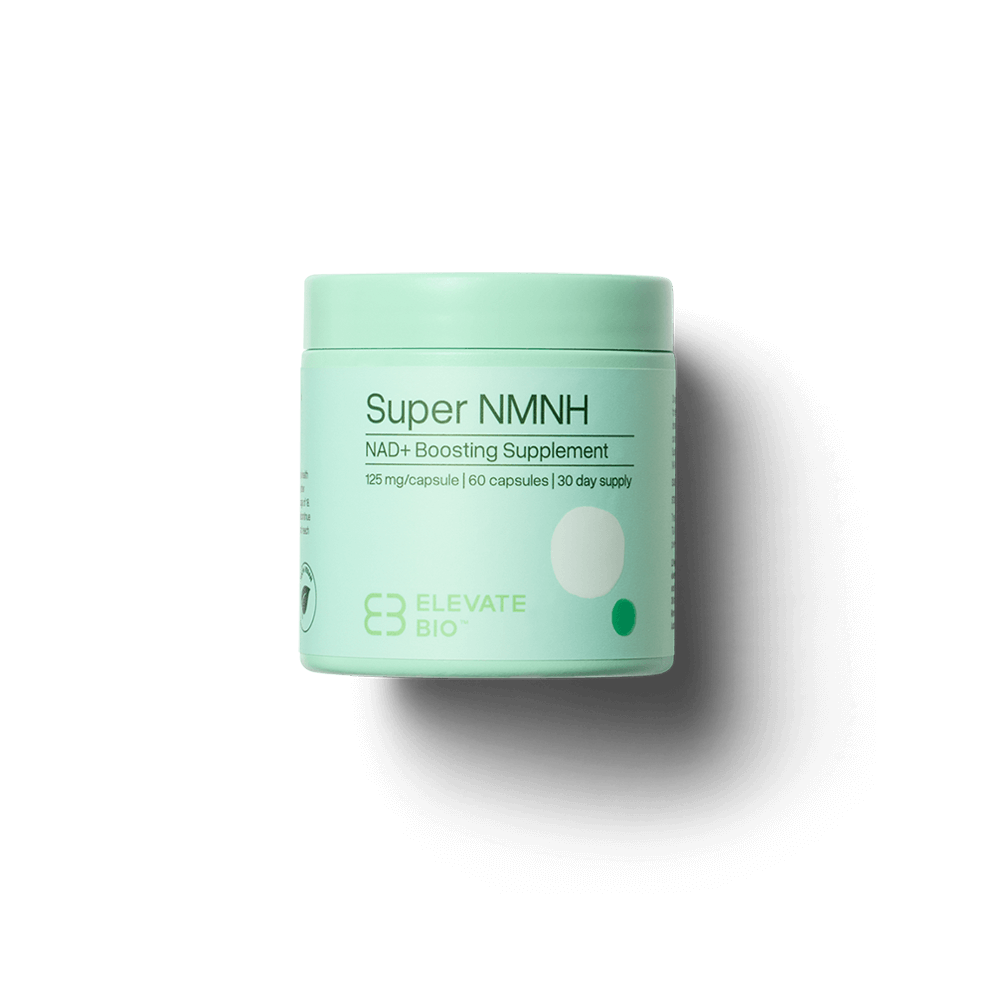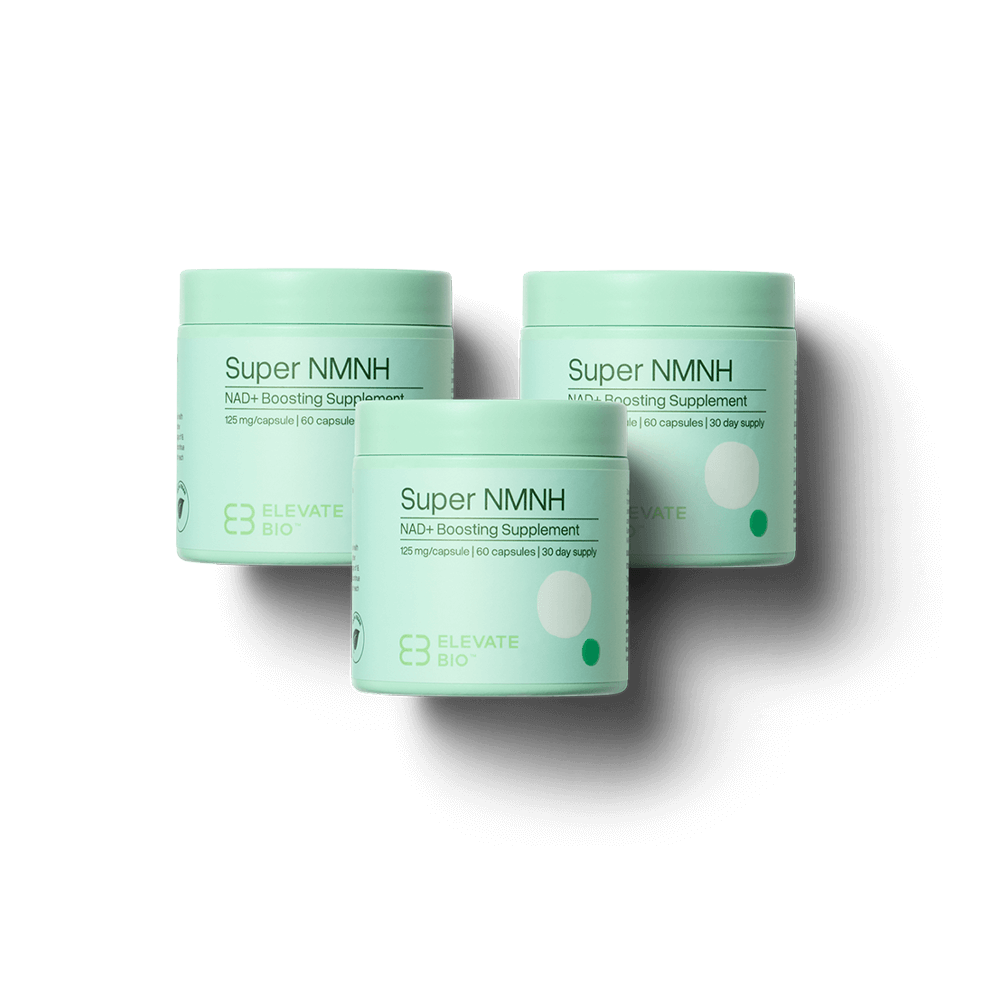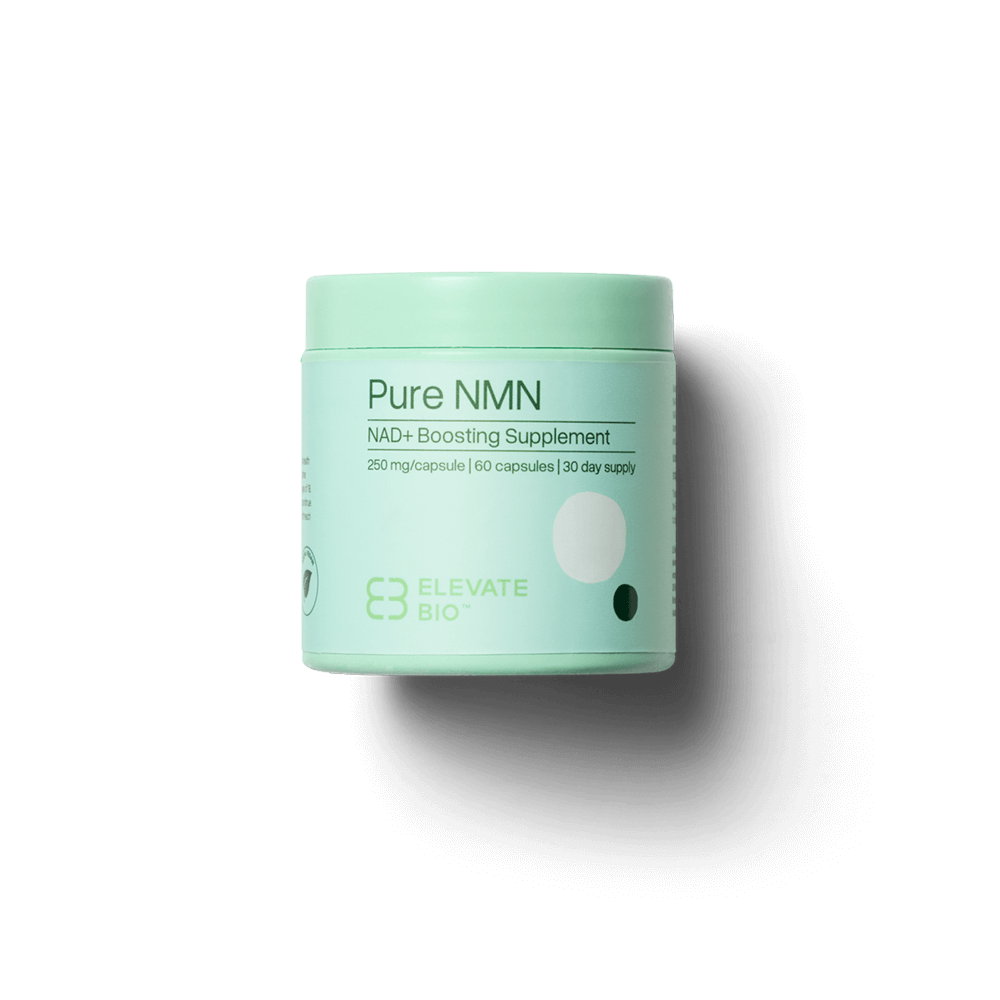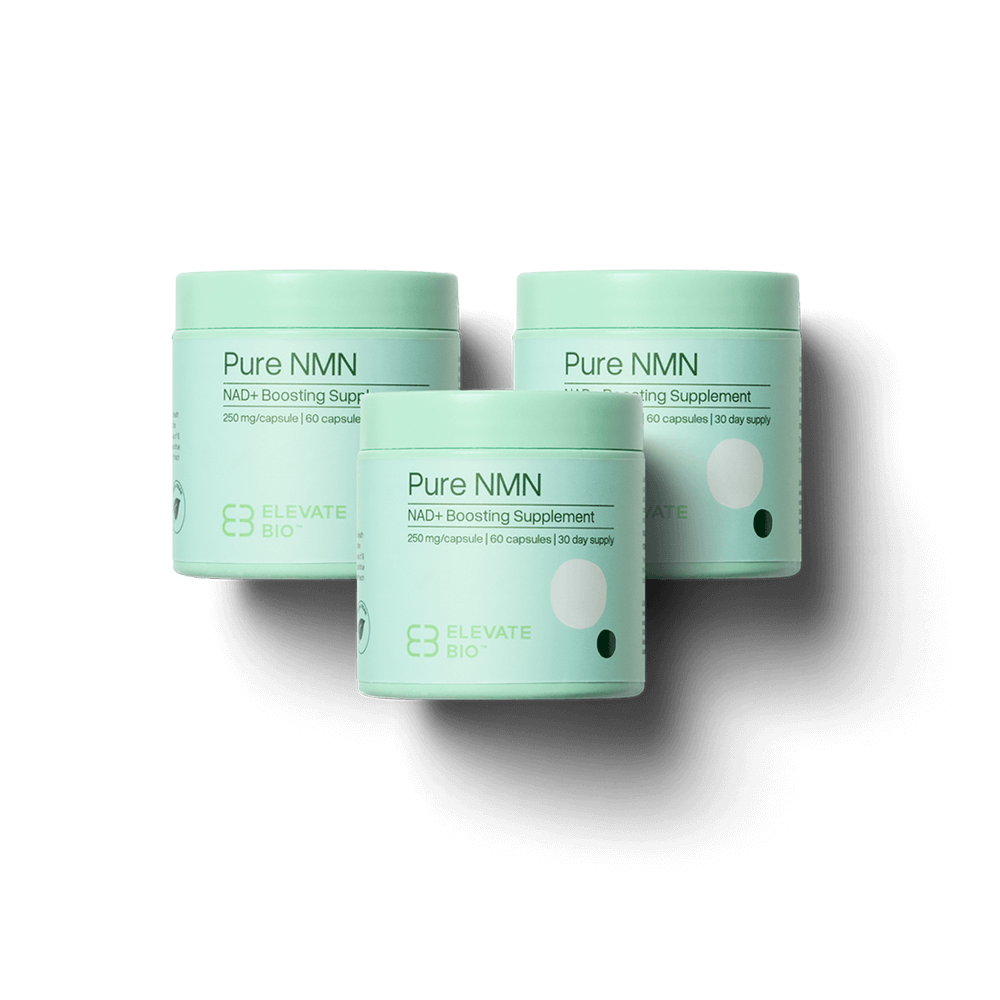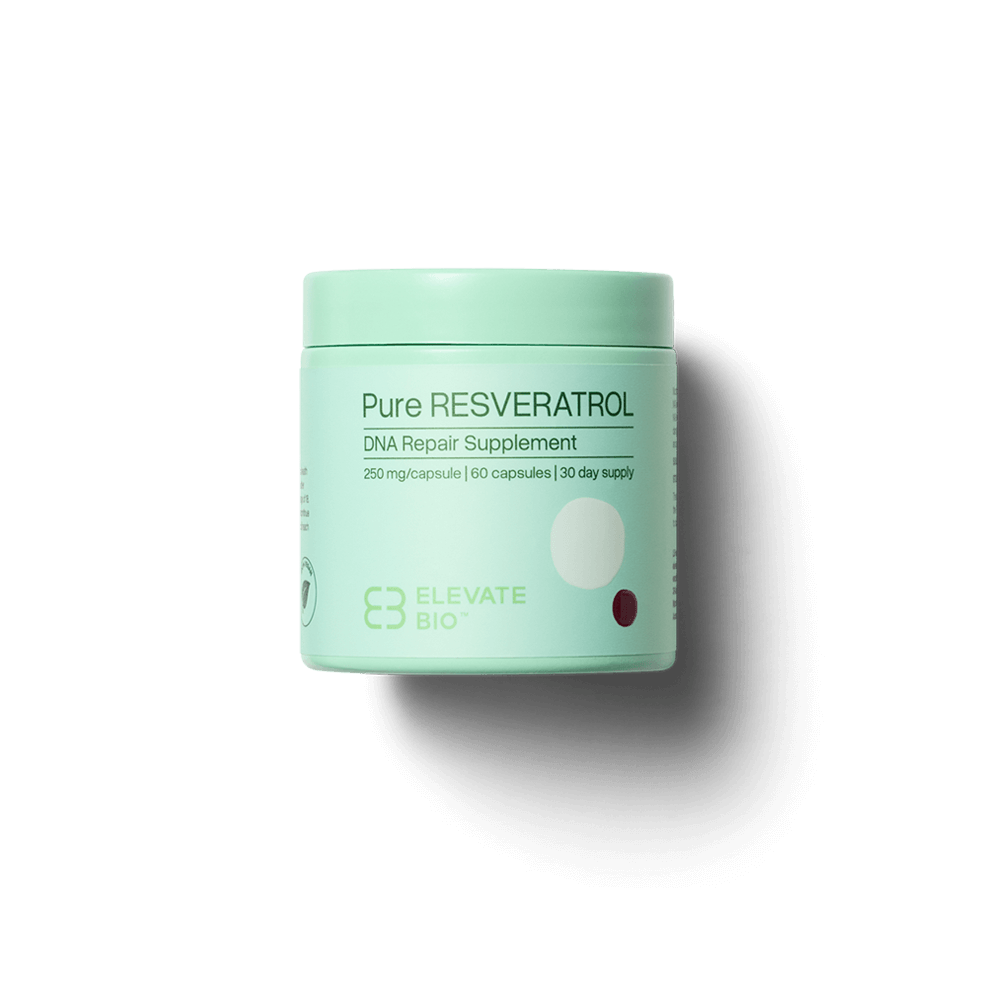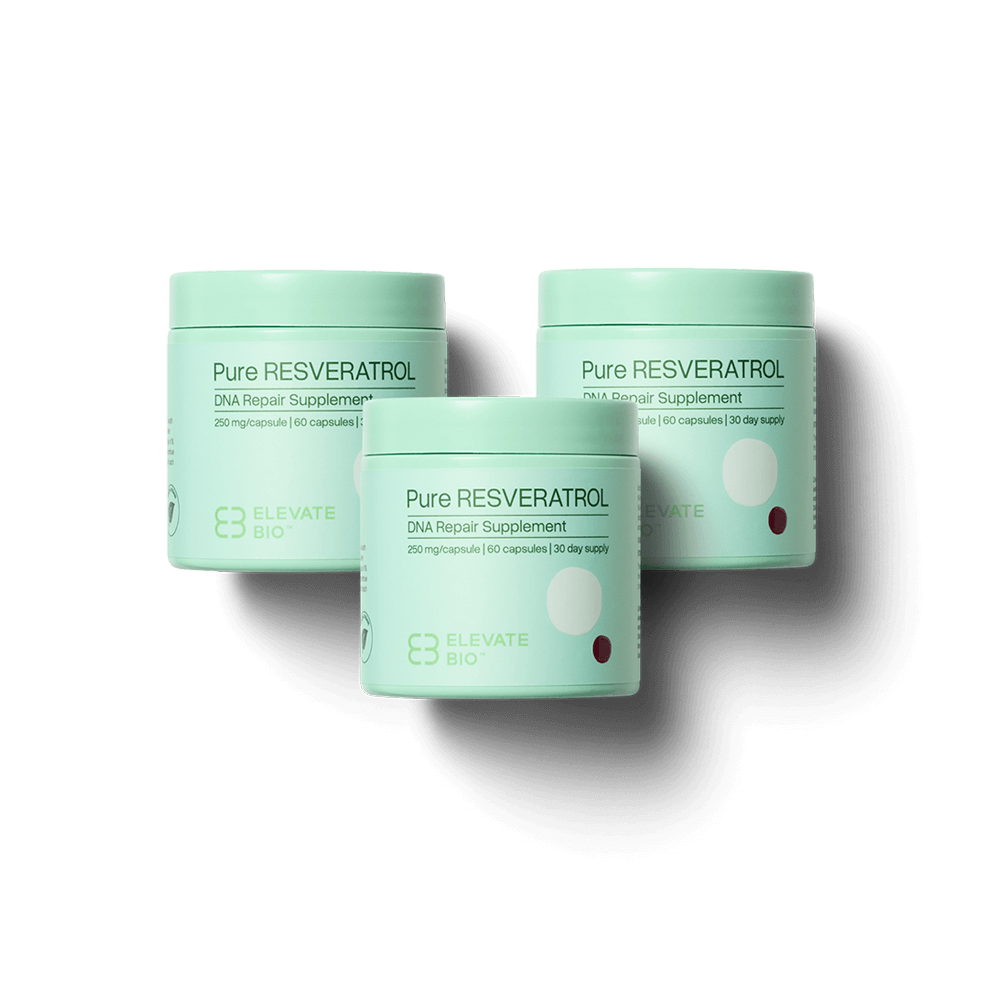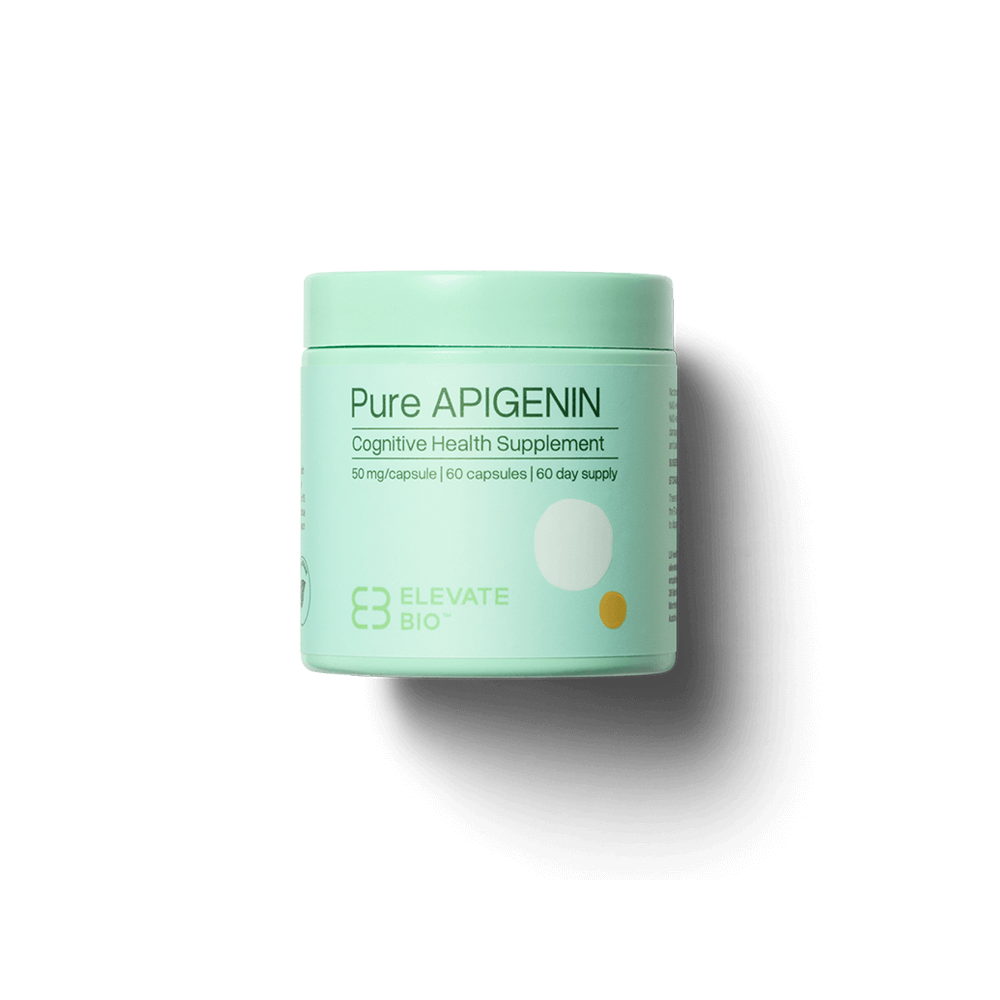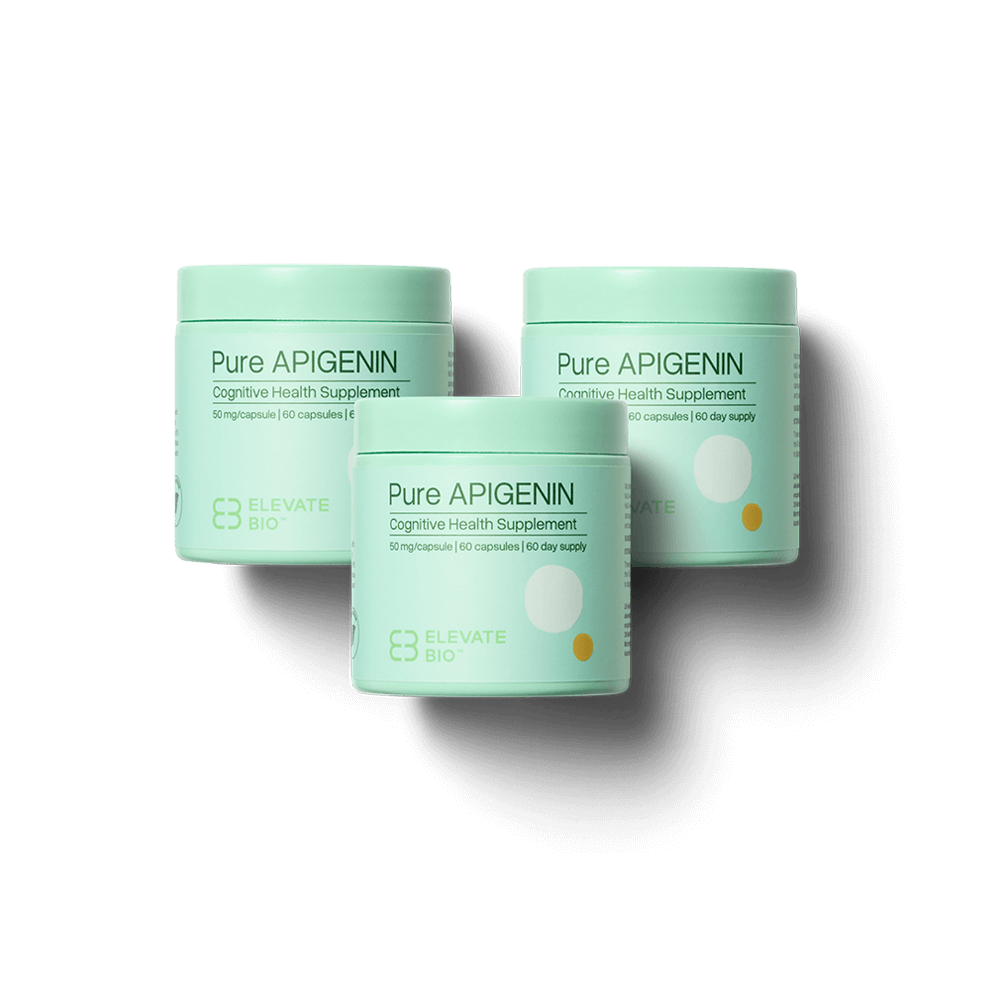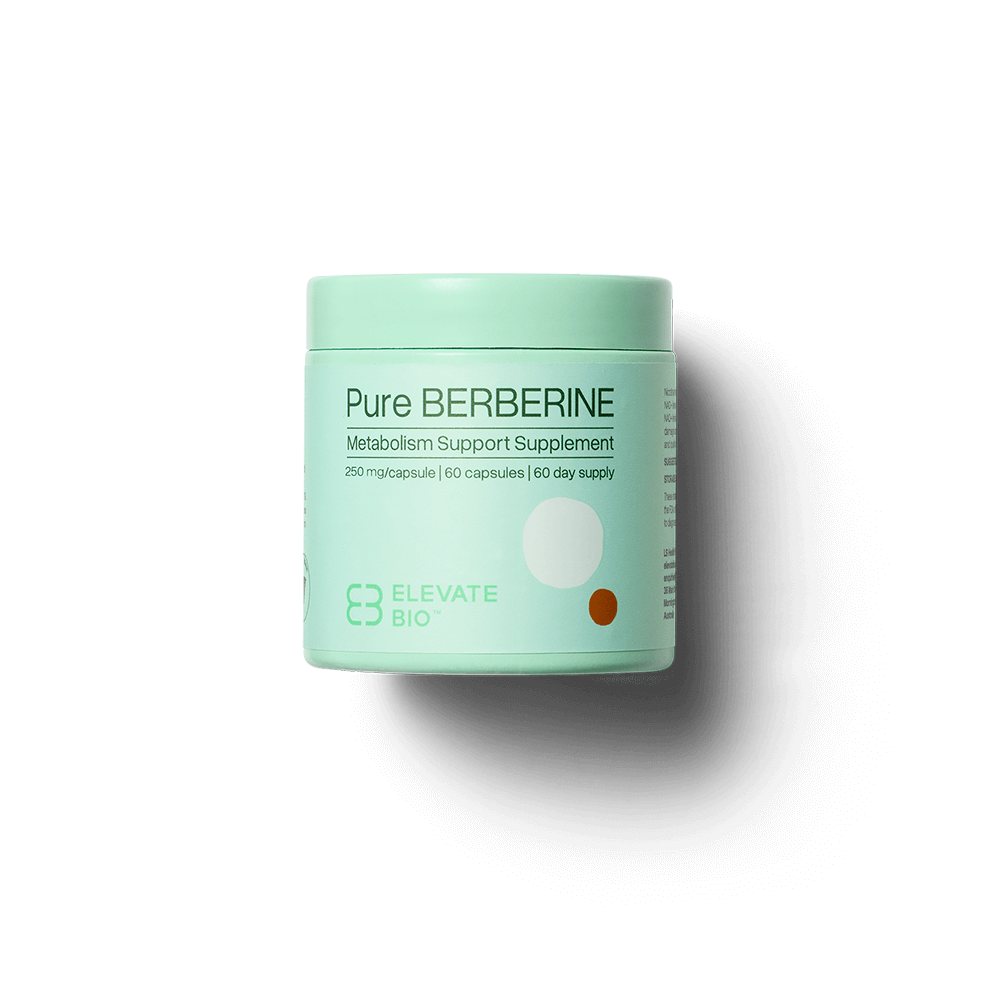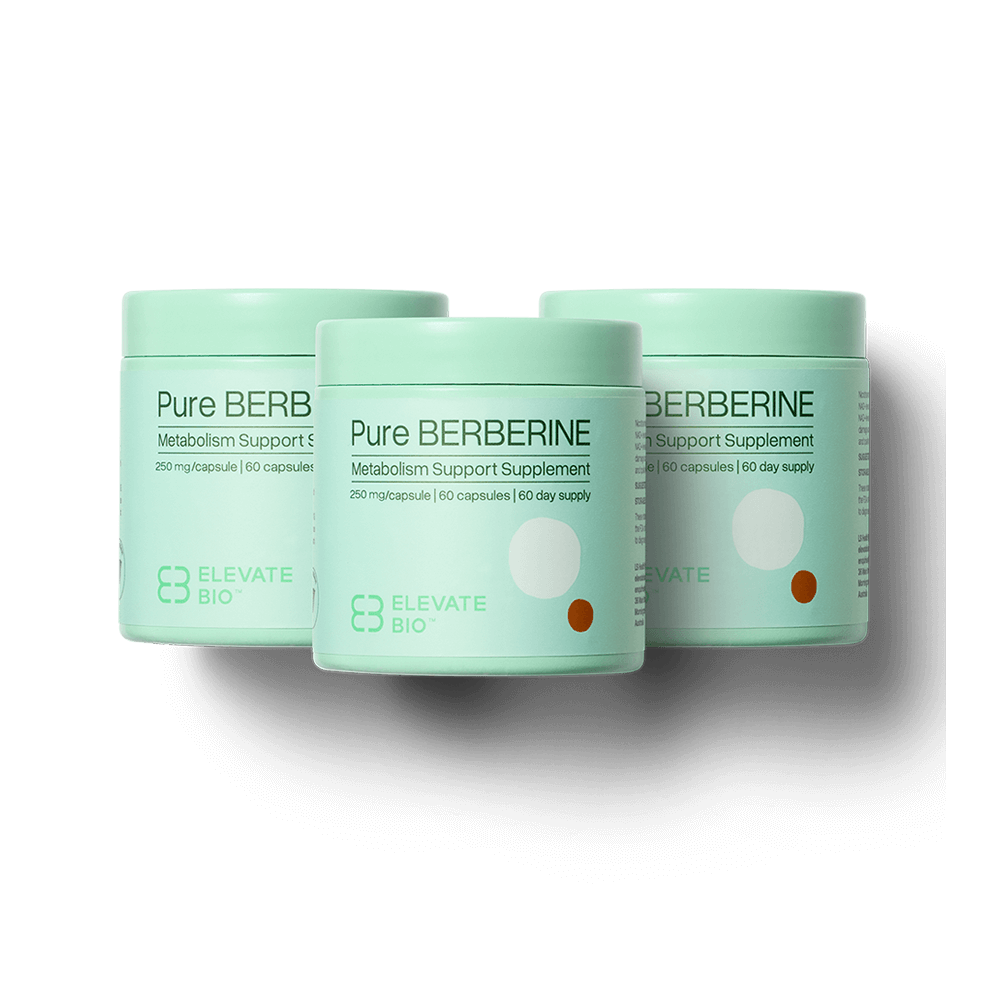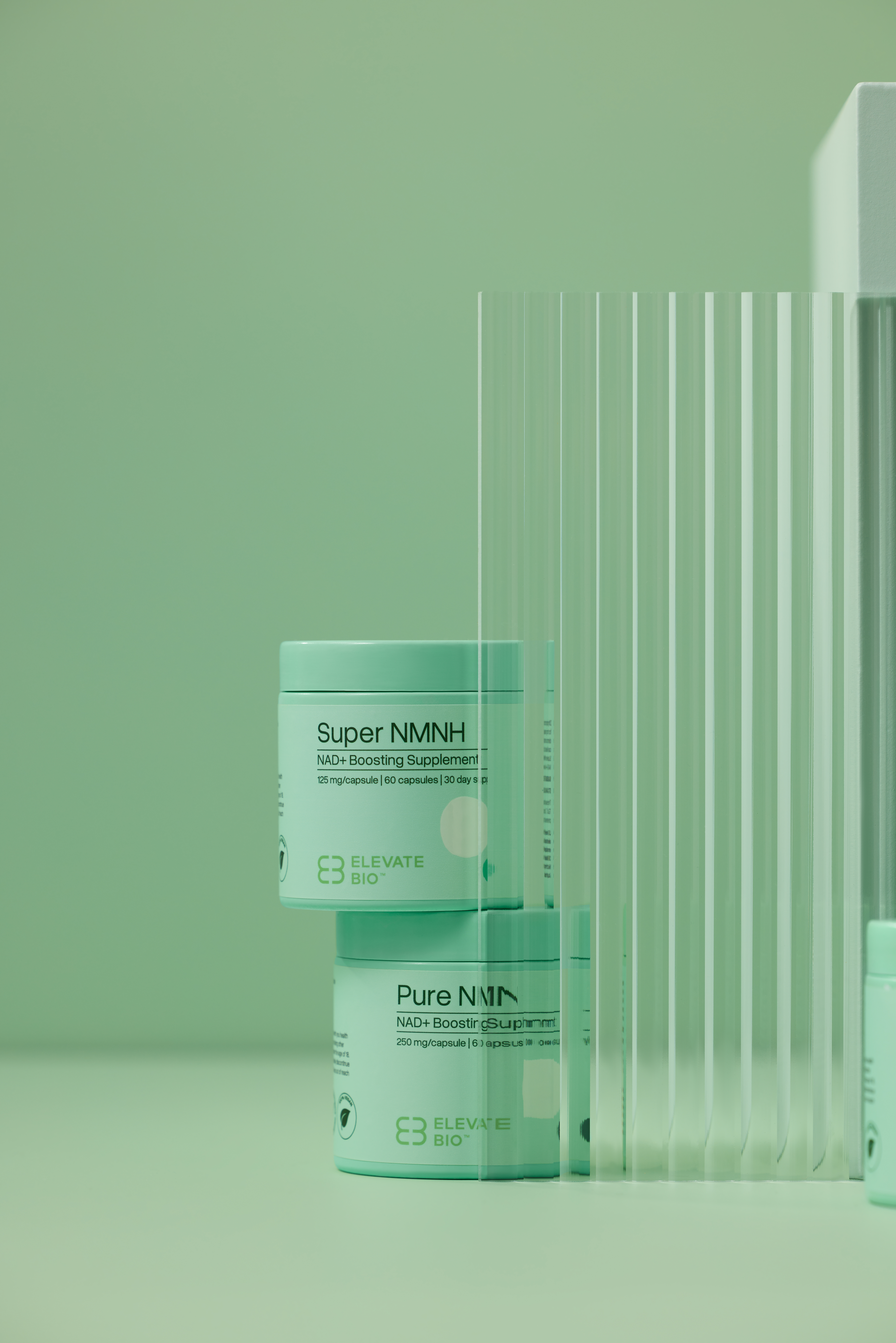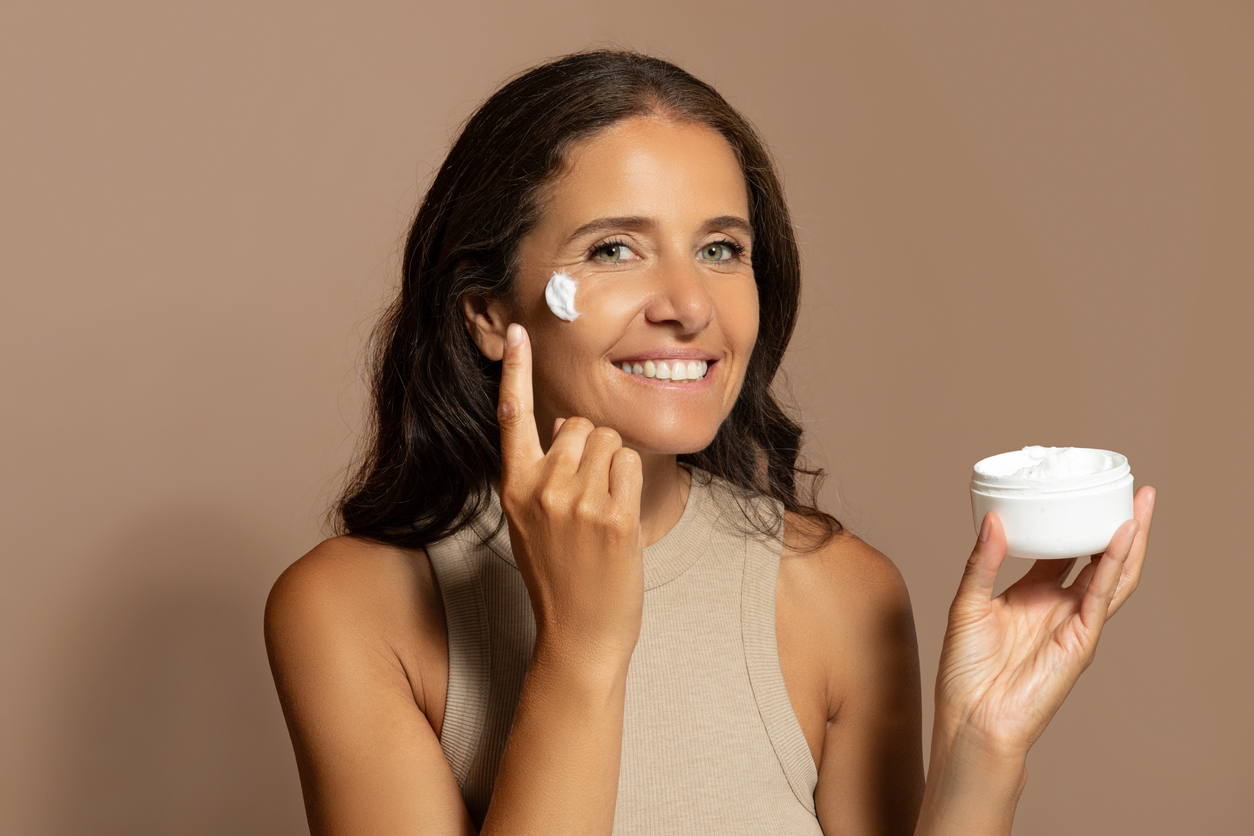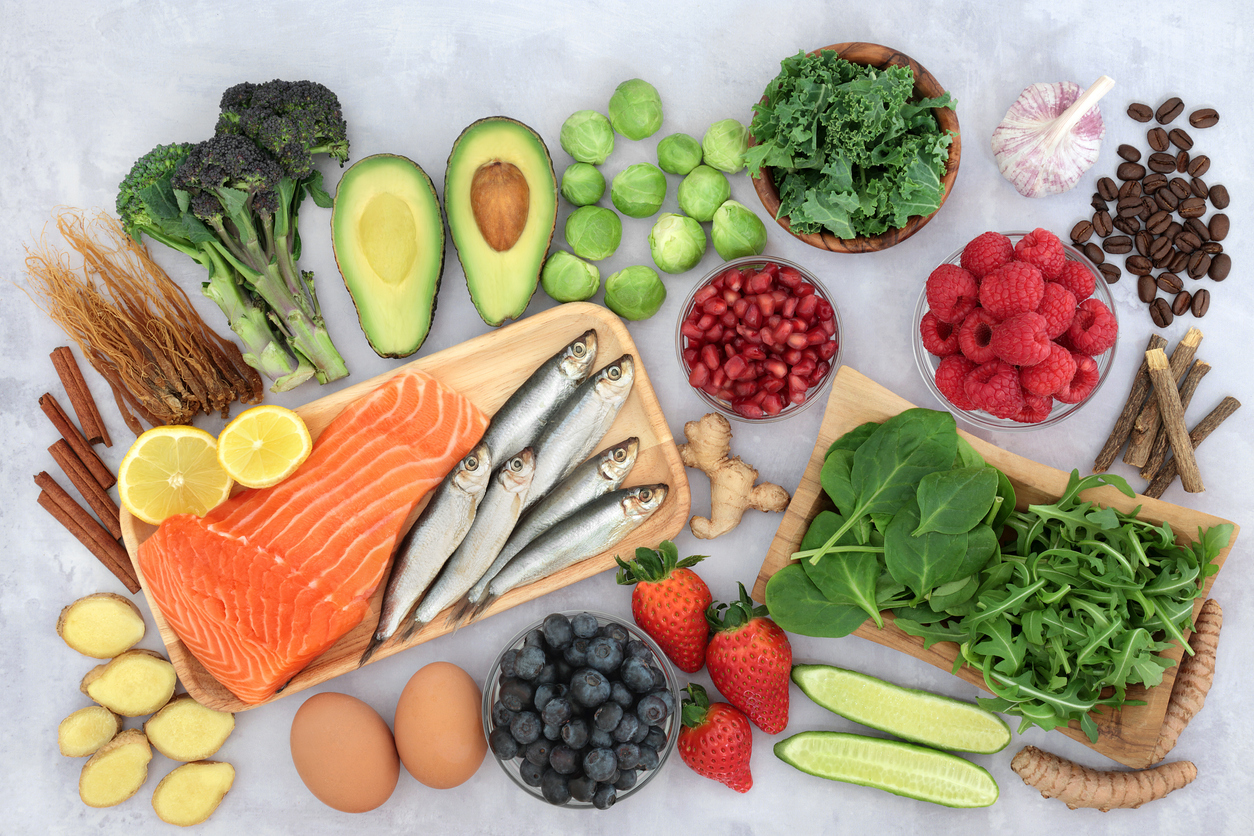Key Takeaways:
Chronological Age is the number of years you have lived since birth, while Biological Age refers to how old your body appears at the cellular and physiological level.
Understanding your biological age can provide more insight into your overall health and aging process compared to chronological age alone.
Advances in science and technology are making it increasingly possible to measure biological age and develop strategies to improve it, potentially extending healthspan and longevity.
Birthday versus Biology
When it comes to aging, the number of candles on your birthday cake—your chronological age—tells only part of the story. What if the real measure of how well you are aging could be found at a more fundamental level, within your cells and organs? This is where biological age comes into play. Let’s explore the difference between biological and chronological age, why it matters, and how understanding both can influence your approach to health and longevity.
What is Chronological Age?
Chronological age is straightforward. It’s the total number of years you have been alive. This metric is used to determine milestones like retirement eligibility or eligibility for senior discounts. However, it doesn’t necessarily reflect your overall health, vitality or how well your body is functioning. For instance, two individuals with the same chronological age can have very different health profiles based on their lifestyle, genetics and environmental factors (1).
What is Biological Age?
Biological age, on the other hand, is a measure of how well your body’s systems are functioning relative to your chronological age. It reflects the state of your physical health and how much wear and tear your body has experienced. Unlike chronological age, biological age can be influenced by factors such as genetics, lifestyle choices and environmental exposures (2).
Why Biological Age Matters
Understanding your biological age offers several advantages:
Health Risk Assessment: Biological age can provide a more accurate picture of your health risks. For example, individuals with a biological age significantly higher than their chronological age may be at higher risk for age-related diseases (3).
Personalised Health Strategies: By assessing biological age, healthcare providers can tailor preventive measures and treatments based on your actual physiological condition rather than just your age in years (4).
Motivation for Healthy Living: Monitoring changes in biological age can be a powerful motivator to adopt healthier lifestyle practices, as it provides tangible feedback on how lifestyle changes are impacting your overall health (5).
Methods for Measuring Biological Age
Recent advancements in science have led to various methods for assessing biological age:
DNA Methylation: Often referred to as “epigenetic clocks,” these tests measure changes in DNA methylation patterns that correlate with biological age (6).
Telomere Length: Telomeres are protective caps at the ends of chromosomes that shorten as cells divide. Measuring telomere length can provide insights into cellular aging (7).
Biomarker Panels: Comprehensive panels that measure various biomarkers, such as inflammatory markers and metabolic indicators, can help estimate biological age (8).
Strategies to Improve Biological Age
Improving biological age involves adopting healthy lifestyle habits:
Balanced Diet: Consuming a diet rich in antioxidants, vitamins, and minerals supports cellular health and may slow biological aging (9).
Regular Exercise: Physical activity has been shown to positively influence biological age by improving cardiovascular health, reducing inflammation and supporting metabolic function (10).
Stress Management: Chronic stress can accelerate biological aging. Techniques such as meditation, yoga and relaxation exercises can help manage stress (11).
Adequate Sleep: Quality sleep is essential for cellular repair and overall health, impacting biological age (12).
Avoiding Harmful Substances: Limiting alcohol consumption, avoiding smoking and minimising exposure to environmental toxins contribute to maintaining a lower biological age (13).
Conclusion
While chronological age remains an important aspect of our lives, biological age provides a deeper understanding of our health and aging process. By measuring and addressing biological age, individuals can take proactive steps to enhance their health and potentially extend their healthspan.
Discover more about how you can manage and optimise your biological age by subscribing to Elevate Bio’s mailing list in our website footer, for the latest insights and advancements in health and longevity.
